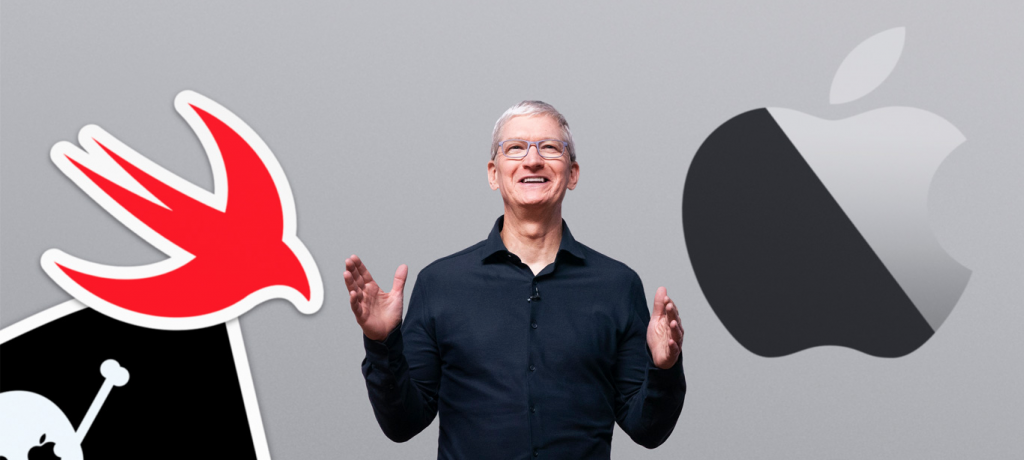Great Gains, Also ‘Pain’ Predicted in Apple Chip Integration
When Apple announced plans to drop Intel chips in favor of designing and manufacturing its own for all devices, developers cheered but may also be bracing for the inevitable problems that will follow, according to an inverse.com story.
The move outlined at the Worldwide Development Conference on June 22, which will mean devices operate on the chips by 2021, signals the “fourth” major shift for the innovative company, one which will enable it to build better performance, integrated apps for Mac and iPhone, better AR and possibly even touchscreen Macs. The downside is that it will need to update software to run on the new chips, while older apps will perform more slowly. It also means users can’t install Windows directly—the chip won’t be compatible. Still, the gains will likely be worth the initial pain.
“MacRumors reported Monday that Apple’s Developer Transition Kit, a $500 computer released after the show to help developers get ready for the switch, has strong initial performance reviews. Geekbench results seem to show Apple’s machine beating the Microsoft Surface Pro X, even though the Geekbench app has not yet been optimized to run on Apple’s new chips.”
The three previous advances, according to Apple include:
- In 1994, it moved from Motorola 68k chips to the PowerPC architecture. Because the chips essentially spoke a different language, the computer had to rely on a translation technique called “emulation” to run older programs. Emulation would take the instructions from older programs and translate them into instructions understood by PowerPC.
- In 2001, it moved from the older Mac OS 9 operating system to Mac OS X. This new version was based on the more modern NeXTSTEP operating system. Apple co-founder Steve Jobs founded its developer, NeXT, after he was ousted from Apple. Although the software was very different and required developers to learn new tools, the hardware stayed the same.
- In 2005, it moved from PowerPC to Intel.
Apple promoted plans to manufacture its own “silicon” with an image of a Macbook Pro upgrade in progress. (Source: Apple.com)
A story on Bloomberg.com says Apple will release at least one Mac, likely a laptop, with its own chip next year. Taiwan Semiconductor Manufacturing Co. will build the chips.
The Inverse story predicts that after the transition, the company will reap the benefits.
“The new Macs will be a bit more like consumer computers from yesteryear: more bespoke, less compatible, a little more Apple.”
read more at inverse.com








Leave A Comment